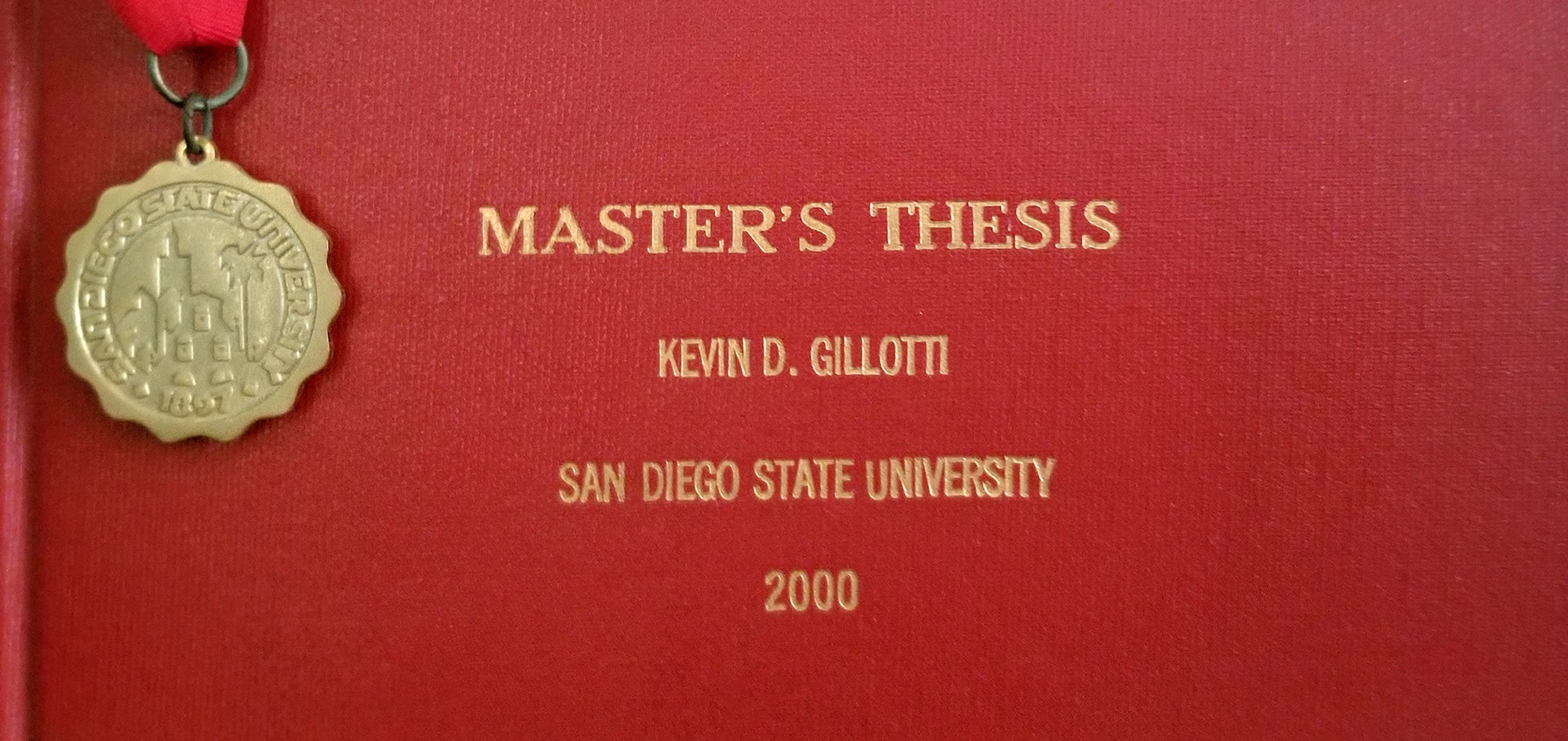Forty-eight college-aged (mean age = 21.6) beginner (n = 22) and intermediate (n = 26) level male (n = 18) and female (n = 30) San Diego State University soccer students were randomly assigned to one of two mental practice schedules or a control group and compared on their ability to complete the Crew soccer dribble task at pretest and posttest levels. The 7- day mental practice schedules consisted of a one-a-day group (n = 17) which mentally practiced one massed 10 minute session as compared to a five-a-day group (n = 17) in which the subjects mentally practiced five distinct 2 minute sessions spread equally throughout the day. Subjects assigned to the control group (n = 14) were required to pleasure read for a similar 10 minutes per day for 7 days.
Results of a 2 x 3 mixed model repeated measures ANOVA (Crew times x mental practice schedule) indicated a nonsignificant mental practice schedule effect (F2,45 = .218, p > .05); a significant Crew times effect (F1,45= 9.374, p < .05); and a nonsignificant interaction (F2,45 = .759, p > .05). These results indicate that although all three conditions significantly improved their times on posttest trials, as seen in a reduction of time taken, the study failed to reject its stated hypotheses. Therefore, it can be assumed that in the present study, the schedule of mental practice sessions used prior to the posttest completion of the dribble task had no effect on overall dribble performance by either experimental group. Whereas no statistically significant differences were found between either mental practice condition or the control, a nonsignificant tendency was apparent from pretest to post test levels in the postulated direction of a larger improvementin performance by the experimental conditions as compared to the control condition.
Due to the lack of significant findings to support this tendency, a selection of moderator variables such as intervention adherence, mental practice ability, and soccer ability were examined in order to determine the potential role they played in the present findings. The data revealed that no moderator variable considered influenced the present schedule of mental practice findings.

Mental Practice Thesis Research by Kevin Gillotti